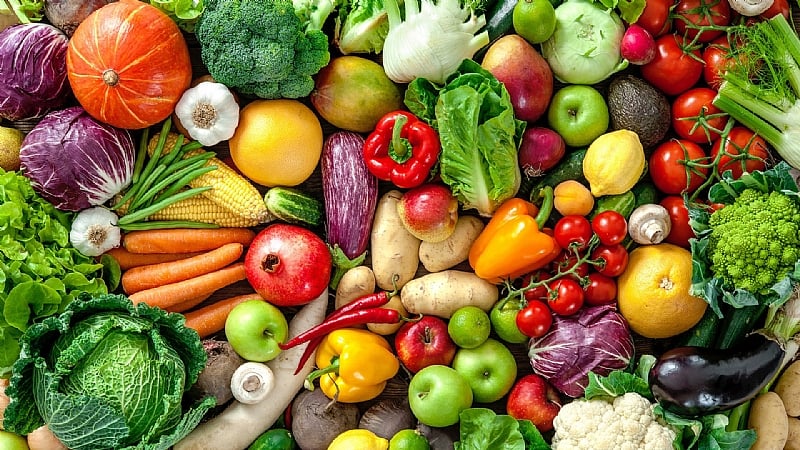The Western Regional Co-ordinating Council (WRCC) has implemented a comprehensive ban on the sale of vegetables by vendors in response to a rapidly escalating cholera outbreak within the region. This decisive action comes as the number of suspected cholera cases has surged to 789, with 8 fatalities recorded as of December 7, 2024. The daily reported cases have surpassed 60, concentrating primarily within the Sekondi-Takoradi Metropolitan and Effia Kwesimintsim Municipal areas, which account for a staggering 95% of the total infections. The severity of the outbreak has prompted the WRCC to take swift and stringent measures to curtail further spread of the disease.
The ban, announced in a communiqué issued on December 10, 2024, prohibits all vendors from selling vegetables until further notice. This restriction aims to disrupt the primary transmission route identified by health officials: contaminated vegetables sold by food vendors. The WRCC has emphasized the legal implications of violating the ban, warning that individuals found in breach of the directive will face prosecution under the Public Health Act, 2012 (Act 851). This underscores the seriousness with which the council is treating the outbreak and its commitment to enforcing measures designed to protect public health. The ban will remain in effect until public health officials conduct thorough assessments and confirm that the sale and consumption of vegetables no longer pose a threat to public health.
The WRCC has issued a strong advisory to the public, urging residents to refrain from purchasing or consuming any vegetables from food vendors until the ban is lifted. This precaution is essential to minimize the risk of exposure to the cholera bacteria, which has been linked to contaminated vegetables sold by vendors. For individuals who have purchased vegetables for domestic consumption, the WRCC advises meticulous washing and treatment before consumption. This includes thoroughly washing vegetables under running water and, where possible, using disinfectant solutions to eliminate any potential contamination.
Environmental surveillance investigations conducted by health authorities have revealed a compelling correlation between the cholera outbreak and the consumption of vegetables sold by food vendors. A significant 96% of infections have been traced back to contaminated vegetables, particularly salads, leafy greens, and green peppers purchased from these vendors. This finding pinpoints street-vended vegetables as the primary source of the outbreak and underscores the necessity of the implemented ban. The contamination likely stems from various factors, including the use of contaminated water for irrigation, improper handling and storage practices, and the lack of adequate sanitation facilities in some vending locations.
The decision to ban vegetable sales represents a critical intervention to control the cholera outbreak and protect the public. Cholera is a waterborne disease that spreads rapidly through contaminated food and water. The symptoms, which include severe diarrhea, vomiting, and dehydration, can quickly lead to life-threatening complications if not treated promptly. The concentration of cases in specific metropolitan areas suggests localized contamination sources, potentially related to water supply or sanitation issues in those regions. The WRCC’s proactive measures aim to disrupt the transmission chain and prevent further spread of the disease within these high-risk areas and beyond.
The implementation of the ban, coupled with public awareness campaigns and enhanced sanitation efforts, is crucial to containing the outbreak and safeguarding the health of the population. The WRCC’s commitment to enforcing the ban and providing clear guidance to the public demonstrates a proactive approach to managing the crisis. Continued monitoring of the situation, including epidemiological surveillance and environmental investigations, will be essential to assess the effectiveness of the implemented measures and guide further actions. The WRCC’s ultimate goal is to ensure the safety of the public and restore confidence in the food supply chain once the outbreak is effectively controlled and the risk of contamination is eliminated.














